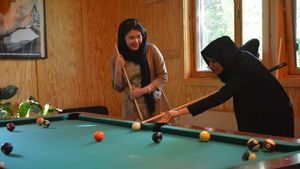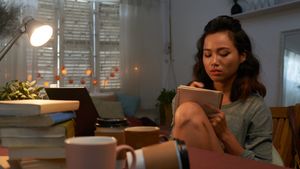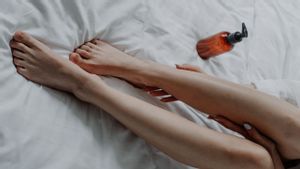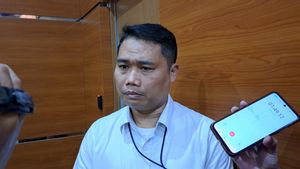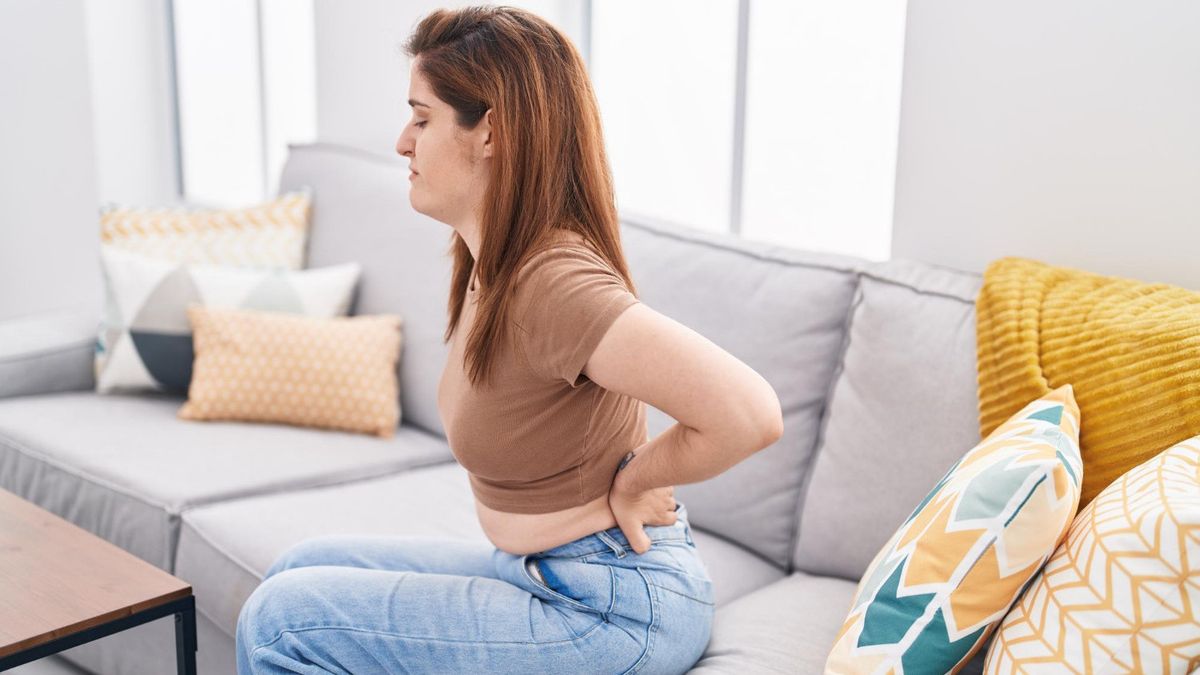
YOGYAKARTA If you sit all day while working, it's important to recognize the following explanation. Medically, it's called gluteal tendinopathy or the effect of sitting for too long so you feel numb butt. Popular is called dead butt syndrome. According to Evan Johnson, DPT., director of Physical Treatment Therapy at Och Spine Care Street, New York-Presbyterian, New York City, the term dead butt syndrome or gluteal amnesia, actually doesn't describe a weakened butt muscle because most sit down.
The weakness and inhibition of gluteus medius and other gluteus muscles are common findings and can cause many painful conditions, Johnson added. Usually, the main cause of dead butt syndrome is lack of exercise. But when you sit for hours at work and then go home and sit down again to eat, watch television, and other activities, the buttocks muscles tend to be lazy.
There are three muscles that form a gluteus muscle group, explains Johnson. The biggest one is the gluteus maximus muscle, commonly called the buttocks, the muscles where you build up as you sit. The other two gluteus muscles are the gluteus muscles and the minima. Glueus muscles are a group of muscles responsible for hip extensions as you extend the hip front, such as when walking and hip abduction as you move your legs to the side. These three muscles are important for pelvis stability and alignment of lower extremities in the thighs and legs.
"The weakness of these muscles may be due to a lifestyle that does not move much and may contribute to less ideal movement patterns, thus putting pressure on the hips and spine," Johnson said.
Another risk experienced is tensions in hip flares. This can result in inhibition and weakness of the gluteus maximus muscles over time. Due to strong hip flexors, hip or gluteus maximus extensors must work harder to achieve hip extensions.
The gluteal Tendinopathy usually manifests itself as chronic lateral pain and hip pain (besides), notes a review published in the Orthopaedic Journal of Sports Medicine. In some cases, this can cause weakening hip pain. Siddharth Tambar, MD, a reumatologist living in Chicago, says people with gluteal tendinopathy usually come with pain in the hips or feel more tired which may make them think they have pinched nerves.
SEE ALSO:
Vulnerable butt syndrome also causes pain while walking and climbing stairs. In addition, if you also feel pain in your hips while lying on your side, it can also be caused by gluteal tendinopathy. Usually, young people or you who are still productive are working and balanced moving and exercising regularly rarely experience dead butt syndrome. This syndrome often attacks people with minimal mobility. Those who are sick, injured, and recover after surgery, can also experience dead butt syndrome. Surprisingly, running athletes can also experience it.
Obviously Johnson reported EverydayHealth, Monday, February 26, running requires landing with one leg repeatedly using the great force given to the hips. Its strength reaches 3 to 6 times your weight. If a runner lacks muscle balance, leg mechanics, and bad legs, they will put excessive pressure on the gluteus muscles of the medios and if not trained properly, they could experience a small tear in muskulotendinosa.
Through this many risks when experiencing dead butt syndrome above, there is no way to prevent the most accurate in addition to moving more and taking time to walk while working in a sitting position. If you experience it, medical services will ensure diagnosis with MRI or ultrasound. Treatment usually involves injections of corticosteroids, exercise, shock wave therapy, and surgery.
The English, Chinese, Japanese, Arabic, and French versions are automatically generated by the AI. So there may still be inaccuracies in translating, please always see Indonesian as our main language. (system supported by DigitalSiber.id)


